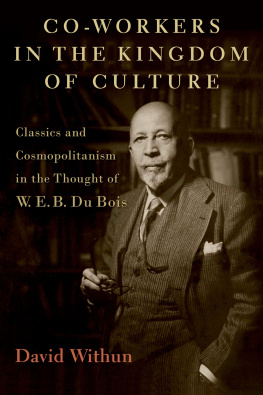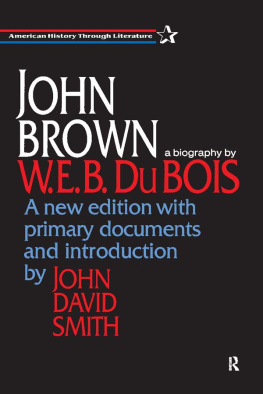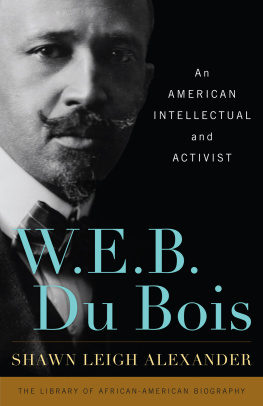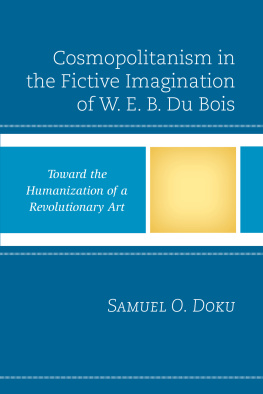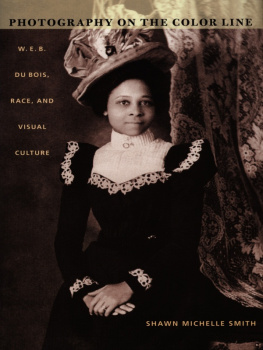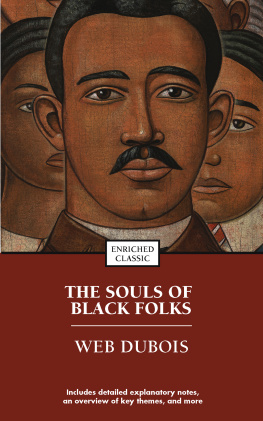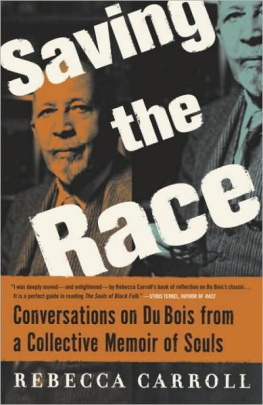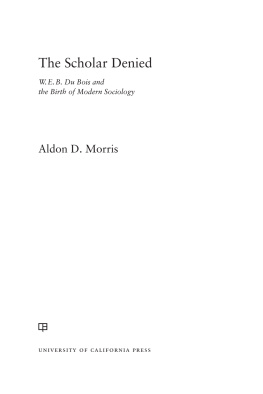Co-workers in the Kingdom of Culture

Oxford University Press is a department of the University of Oxford. It furthers the Universitys objective of excellence in research, scholarship, and education by publishing worldwide. Oxford is a registered trade mark of Oxford University Press in the UK and certain other countries.
Published in the United States of America by Oxford University Press
198 Madison Avenue, New York, NY 10016, United States of America.
Oxford University Press 2022
All rights reserved. No part of this publication may be reproduced, stored in a retrieval system, or transmitted, in any form or by any means, without the prior permission in writing of Oxford University Press, or as expressly permitted by law, by license, or under terms agreed with the appropriate reproduction rights organization. Inquiries concerning reproduction outside the scope of the above should be sent to the Rights Department, Oxford University Press, at the address above.
You must not circulate this work in any other form and you must impose this same condition on any acquirer.
Library of Congress Control Number: 2021052612
ISBN 9780197579589
eISBN 9780197579602
DOI: 10.1093/oso/9780197579589.001.0001
Contents
My students in my first year as a teacher at Savannah Classical Academy in Savannah, Georgia, were the initial inspiration for the research and writing that would, now nearly a decade later, lead to this book. I am profoundly grateful to every student who has ever sat in my classroom for the inspiration and the challenge that you all have presented to me. It was my desire to be a better teacher for you that granted me the insight, perseverance, and impetus to complete this project.
I also owe a great debt of gratitude to Robert Woods, Jason Jewell, Chad Redwing, David Stark, Mark Linville, and Benjamin Lockerd at the Great Books Honors College of Faulkner University. Your support in my intellectual endeavors; your consistent prompting toward better, deeper thought and analysis; and the depth and breadth of learning you both modeled and encouraged have allowed me to think and to speak with clarity and charity. I am grateful also to all of my former classmates. Our deep dives into the classicsthe conversations and comraderyare irreplaceable and much missed.
I am grateful to the many who have provided me with insightful conversations, citations, and encouragement during the writing of this book. Among these are Matt J. Harper, Benjamin J. Wetzel, Lilian Calles Barger, Azmar K. Williams, Keisha N. Blain, Michael Okyere Asante, Christopher Butynski, Benjamin Payne, Jeff Kreh, Stephen Mitchell, Carolivia Herron, Shirley Moody-Turner, John Norman, Anika Prather, and Michael Benjamin. I want especially to thank Patrice Rankine for his support and for reading and commenting on an earlier manuscript of this book and Michele V. Ronnick for her continual willingness to take the time to answer questions and to provide resources and insights. My thanks also go to Stefan Vranka and the anonymous reviewers at Oxford University Press for valuable feedback that have significantly improved this book. Any remaining shortcomings are, of course, my own.
Finally, I want most of all to thank Vanessa, my wife, and Isaiah, Genevieve, and Manuel, our three children. Thank you for tolerating my frequent absences as I researched, read, and wrote, and thank you for tolerating my absence of mind even when I was present. You have taught me more about the one essential questionwhat it means to be humanthan anyone. Thank you.
Du Boiss legacy as an activist, cultural commentator, and political and educational theorist have been significant formative influences and catalysts for the Civil Rights movement, the anti-colonialist and anti-imperialist movements, the Black Power movement, and Pan-Africanism, among other diverse influences. One aspect of his life and legacy that deserves further elucidation, however, is Du Boiss role as a classicist.
While Du Boiss classical education and the enduring influence of that education on his thought are often acknowledged, there has not yet been a full treatment of influences by and responses to the classics in Du Boiss works and thought.
Alongside a resurgent interest in Du Boiss work and its legacy, there has also been a rising scholarly interest in classical influences in African American literature and thought, at the forefront of which has been the work of Michele Valerie
This book contributes to both this growing body of scholarship on Du Bois as well as the wider study of African American classical receptions by focusing on four themes in the work of Du Bois in relation to the classics:
The first of these themes is an examination of the ways in which Du Boiss classical education shaped the style of his rhetoric and writing. Developing the line of thought begun by Cook and Tatum, I argue throughout, but especially in
, is that of classical philosophical influences in the thought of Du Bois. Developing further the thought of Stephanie J. Shaw and Shamoon Zamir, I explore the influence of Platos political and ethical thought on Du Bois by expanding that discussion to bridge the gap between Du Boiss early Platonism and later turn to Marxism as well as including in the discussion possible metaphysical and aesthetic influences from Plato.
The third and fourth major themes of this book include positioning Du Bois as a transition point from the race vindicationism that drove the pursuit of classical studies by African Americans of the nineteenth century to the turn toward greater interest in Afrocentric education that arose in the twentieth century and opened the pathway for a renewed cosmopolitanism in the present.
In pursuit of these themes, this book includes five chapters.
The first chapter examines Du Boiss classical education and the continued significance of the classics throughout his life. Among the primary source documents discussed are the texts he studied in high school, as an undergraduate at Fisk University, and as a graduate student at Harvard University, as well as allusions and other mentions of those texts in Du Boiss later works. I argue here that Du Boiss education presented him with the challenge that would later form the basis of much of his treatment of classical literature in his later writing, namely, that he developed a passion for the classical tradition but simultaneously found himself excluded from participation in it because of his race.
The second chapter argues that his frequent allusions to classical mythology, philosophy, and history in his various works present evidence of the continued role of the classics in shaping his ideas. Through a comparison of the structure of The Souls of Black Folk with Ciceros Pro Archia Poeta, a work Du Bois references in Souls as well as elsewhere, I demonstrate the possibility that Du Bois relied on the ancient Roman work, in part, in shaping the structure and argument of Souls through their shared goal of recognizing the full citizenship rights of poets (in Du Boiss case, the singers of the Sorrow Songs, or African American Spirituals) regarded as foreigners or outsiders.
The third chapter focuses on the numerous influences of Plato on the thought of Du Bois. These include frequently noted influences, such as the influence of Platos idea of a Guardian class of Philosopher-Kings on the development of Du Boiss idea of a Talented Tenth, as well as influences that have received less attention, such as the influence of Plato on Du Boiss thought on music and aesthetics, as well as Du Boiss commitment to attaining justice through the exposure of ignorance. The argument here focuses primarily on two points: 1. That Du Boiss conflict with Booker T. Washington over the education of African Americans is best understood through the framework of Du Boiss Platonist social and educational ideals and 2. That Du Bois did not abandon his earlier Platonist-influenced aristocratic ideals with his adoption of a Marxian outlook, but, rather, fitted this Marxian vision within a larger and enduring Platonic vision.

